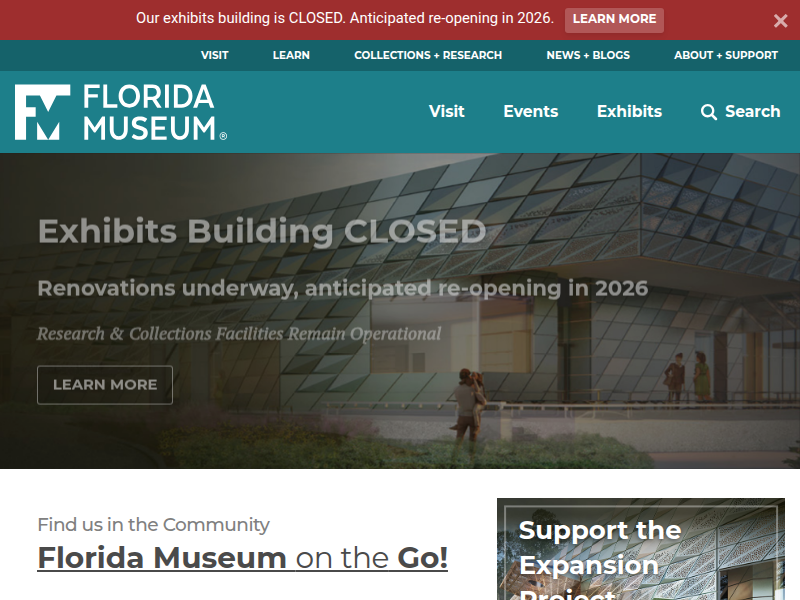DNA study shows hornworm pests have Central American origins – Research News https://www.floridamuseum.ufl.edu/science/dna-study-shows-hornworm-pests-have-central-american-origins/
Florida Museum of Natural History researchers have co-authored the first comprehensive
Evolution DNA study shows hornworm pests have Central American origins by Danielle

